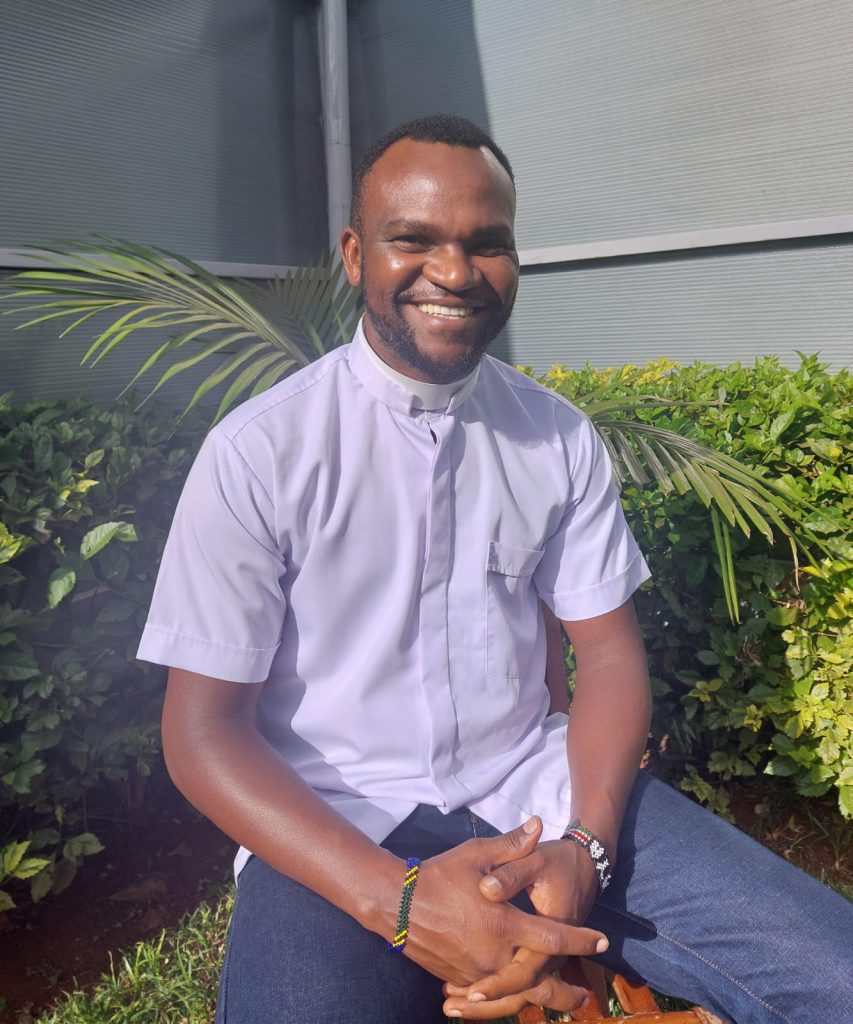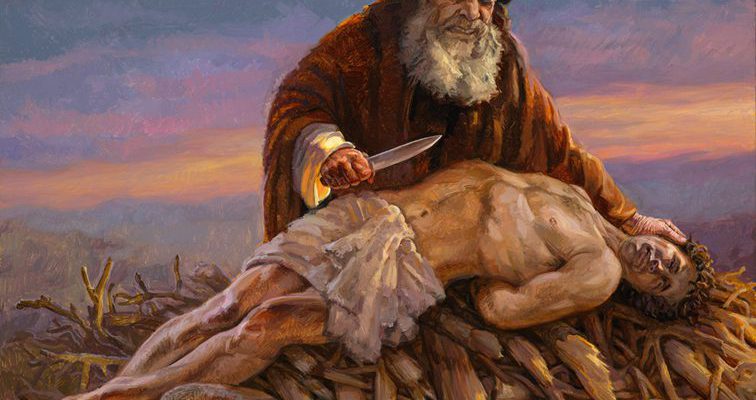How ready are we to take the risk to sacrifice something precious?
First Reading: Genesis 22: 1-2, 9a, 10-13, 15-18 | Responsorial Psalm: Psalms 116: 10, 15, 16-17, 18-19 | Second Reading: Romans 8: 31b-34 | Gospel: Mark 1: 12-15

This Sunday’s reflection is by,
Deacon Francis Kyalo SJ.,
St. Joseph Development Programmes, Kangemi, Kenya.
On this second Sunday of Lent, the scripture passages call upon us to a life of true faith. A life of complete surrender to the will of God in our struggle is what the first reading demonstrates. Abraham is ready to give what he considers precious for the sake of God. He is ready to sacrifice his only son.
The same sacrifice takes a higher pedestal in the second reading where it comes from the Divine himself. God, out of his love for humanity had to give his only son, to suffer and to die for the sake of our salvation. There is no greater love and sacrifice than this. Being ready to give out life for the sake of God or another person. Therefore, the first and second reading remind us that our sacrifice must be for a greater good. Abraham’s sacrifice is for the greater good of being faithful to God. What results from Abraham’s readiness? He receives God’s blessings and a new promise is given to him; his descendants will be uncountable, and blessings to the rest of humanity will flow through his descendants. On the other hand, the second reading presents another sacrifice at another level. Of course, it is a continuity and a fulfilment of the blessings and promise given in the first reading. God’s sacrifice of giving his only son is for the sake of winning us back to him through the blood of the Paschal Lamb. Through Christ, all blessings flow. Evidently, the greatest good that comes from any sacrifice should lead towards serving God or bringing humanity to God.
This is our message today. How ready are we to take the risk to sacrifice something precious? And what is that one thing that is so precious that we are ready to sacrifice? Sacrifice demands that one moves out of his/her comfort zone. For this one reason, sacrifice is not easy. The gospel passage brings it out clearly. During the transfiguration, there is a consoling atmosphere as a result of the happenings on top of that mountain. Peter, James and John wish to remain there forever. Thus, the idea of building tents on that mountain implies not wanting to change. The desire of remaining in our comfort zones. Thanks to the action of Jesus. Instead of responding to Peter’s request, he takes them down the mountain.
Jesus wants all of us during this Lent to go out of our cocoons where we find comfort. Instead, he wants us to get ready to face the challenges of the evil one out of our tents. What is my tent, what is your tent? It might be that one habit that I am holding on to and I am finding it difficult to change. Or perhaps it is my personality that I am not working to improve because pride obscures my rationality. The practices of Lent namely prayer, fasting and almsgiving are simple acts of moving out of our tents to render service to God’s people.


Comments are closed.